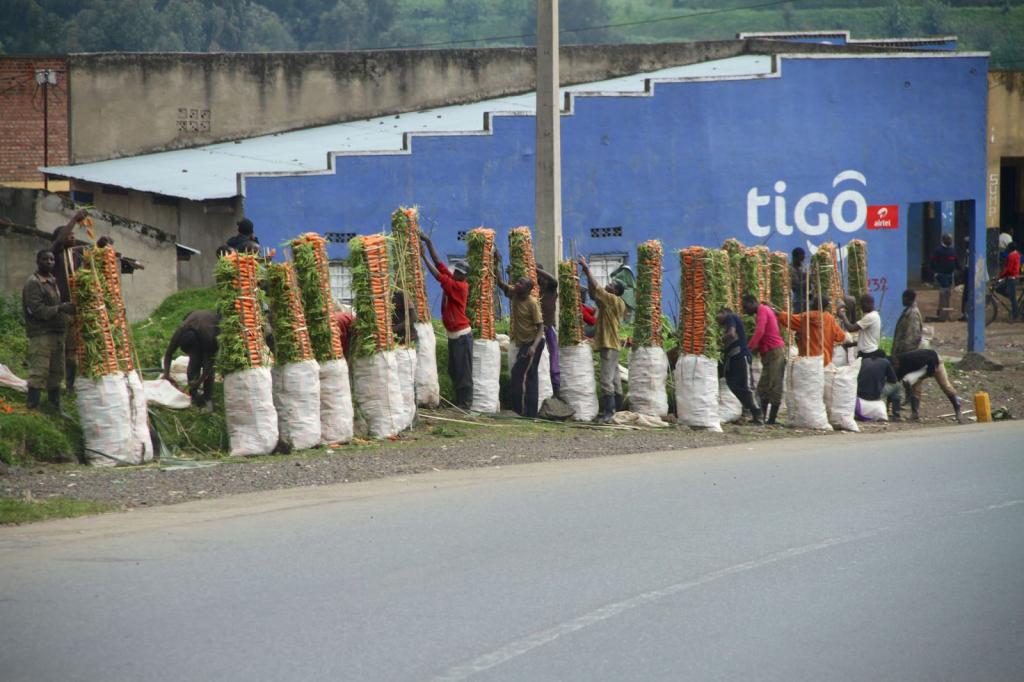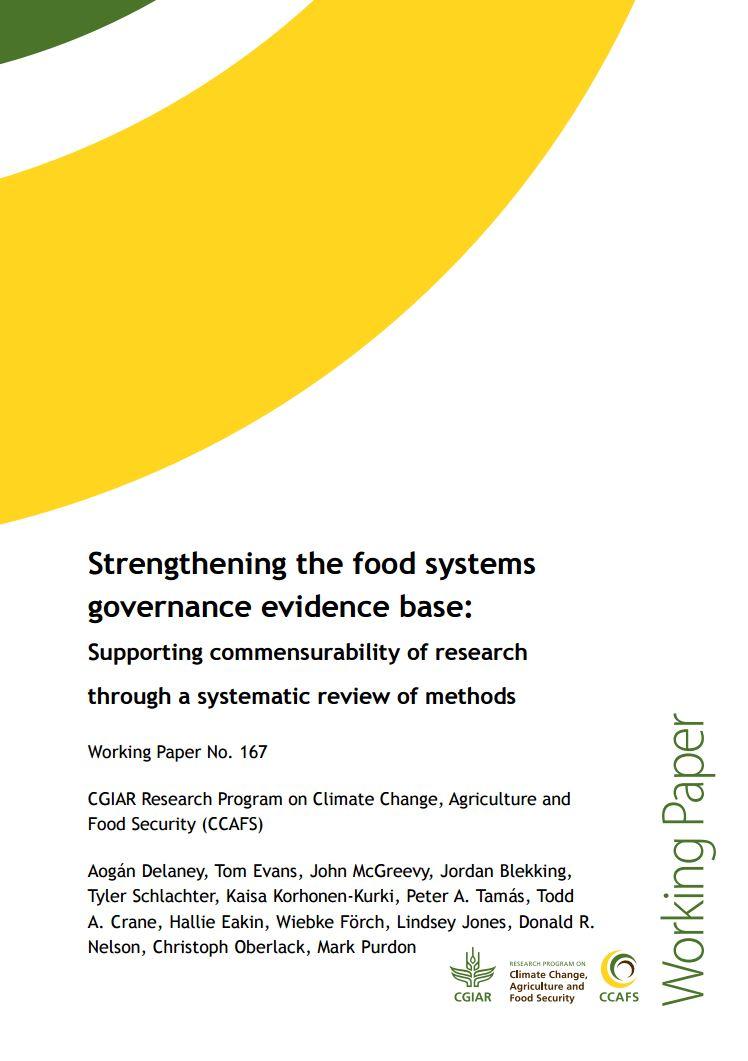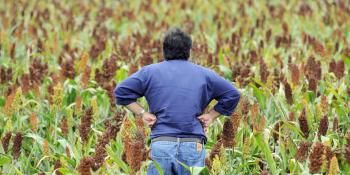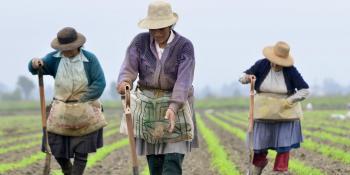Identifying a core set of indicators to improve future research on food systems governance

Use of common indicators to study governance of food production can improve prospects for meta-analysis of next-generation research and generating generalizable conclusions. However, there are still some methodological gaps to be filled.
A new review examining indicators used in research on governance of food systems has found a heavy concentration of indicators for governance of food production, ranging from local governance to national governance, and a corresponding shortfall of indicators in the distribution and consumption sectors and at supra-national levels.
The review, entitled 'Strengthening the food systems governance evidence base: Supporting commensurability of research through a systematic review of methods', was undertaken in response to difficulties with synthesising results of existing research. Many current studies are site-specific and use a multitude of different theories and methods in their research designs. This has the unfortunate implication that it is impossible to draw broader conclusions, generalizable beyond the specific sites of research, about how to best govern food systems to improve food security despite the increase in studies published since the 2008 food price crisis.
To address this problem, we undertook a review to identify indicators used in a broad-ranging set of studies with a view to proposing a core set of indicators to be used in a future generation of comparable research. We assembled a 15-member panel of experts to suggest key studies to be included in the review and from these studies, indicators of governance of food systems were identified and categorised according to governance levels (local through to global) and food system sectors (production, distribution, and consumption).

Carrots are packed for transport in a part of Rwanda specializing in carrot production. Distribution is one area where indicators on food systems governance were found to be lacking. Photo: I. Masias (IFPRI)
The concentration of indicators in the production sector suggests that, although the food systems concept captures the extension of food production along the value chain and the dimensions of availability, access, utilization and stability reflect that achieving food security is about more than just increasing yields. Despite limitations acknowledged in the report, this situation still presents obstacles to a common research design that will produce comparable results that can be meta-analysed. In particular, the shortage of indicators for governance of food distribution and consumption sectors possibly reflects less cross-disciplinary engagement in the study of governance of food systems than is often assumed. Another likely explanation is that studies which do focus on governance of food distribution or consumption have not yet adopted systems-approaches in their research designs.
To address these obstacles, we outline a series of next steps. The immediate priorities include piloting and testing of the indicators identified in the review, and developing indicators for governance levels and food sectors which have been found wanting. Next, this set of indicators will need to be integrated into a fully developed research design based on recognised theories of food systems governance. As a longer-term priority, these initial steps are expected to lead to a consolidated methodological framework, for which we recommend that CCAFS encourage uptake through networks and funded programmes. These necessary steps are expected to lead to a body of comparable evidence that can be aggregated-in time-in a meta-analysis to reach generalizable conclusions addressing the critical question of how governance can improve food security.
Further reading
Download the working paper: Delaney A, Evans T, McGreevy J, Blekking J, Schlachter T, Korhonen-Kurki K, Tamás PA, Crane TA, Eakin H, Förch W, Jones L, Nelson DR, Oberlack C, Purdon M. 2016. Strengthening the food systems governance evidence base: Supporting commensurability of research through a systematic review of methods. Working Paper no. 167. Copenhagen, Denmark: CGIAR Research Program on Climate Change, Agriculture and Food Security (CCAFS).
Download the technical report: Delaney A, Tamás PA. 2016. Strengthening the food systems governance evidence base: Supporting commensurability of research through a systematic review of methods. Technical Report. Copenhagen, Denmark: CGIAR Research Program on Climate Change, Agriculture and Food Security (CCAFS).
Aogán Delaney is an independent consultant based in Luxembourg.




